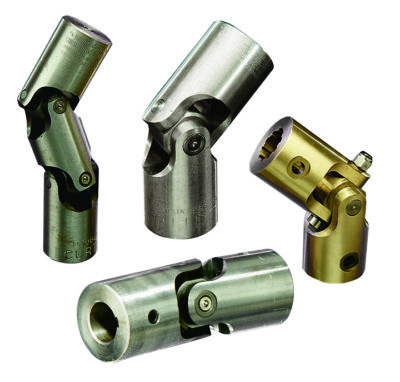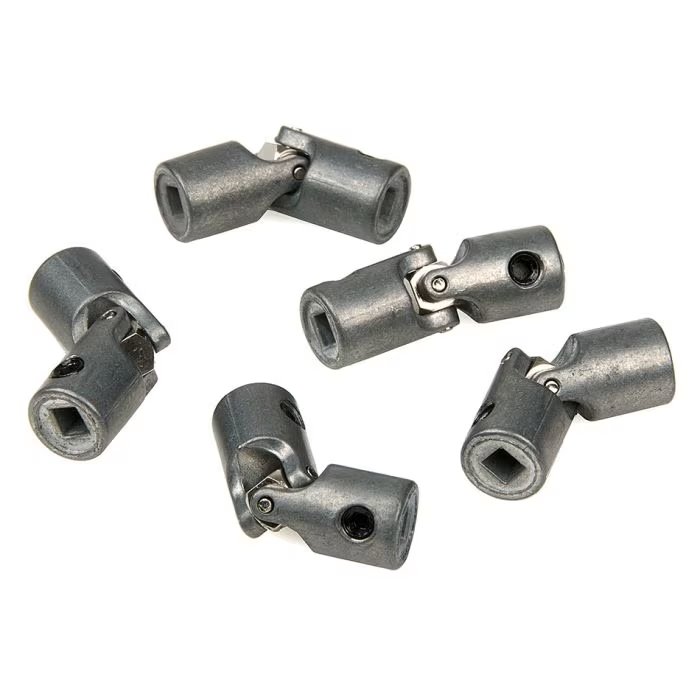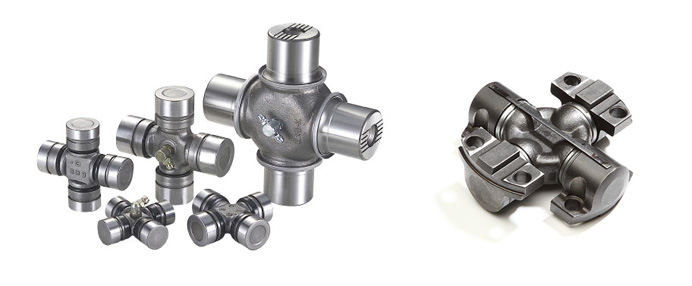Product Description
| Product Description |
| Warranty | 1 Year | Certification | TS16949 |
| Color | Natural color | Application | Massey Ferguson |
| OEM NO. | 1277261C1 | MOQ | 100 PCS |
| Engravement | Customized | Port | HangZhou/ZheJiang |
Specifications
1.Supply to USA,Europe,and so on
2.Matrial:Body C45 Ball Pin Cr40
3.Professional Perfomance Auto parts supplier
| Detail Images |
| Other Products |
| Our Company |
| Packing & Delivery |
| Certification |
| Our Service |
1. OEM Manufacturing welcome: Product, Package…
2. Sample order
3. We will reply you for your inquiry in 24 hours.
4. after sending, we will track the products for you once every 2 days, until you get the products. When you got the
goods, test them, and give me a feedback.If you have any questions about the problem, contact with us, we will offer
the solve way for you.
| FAQ |
Q1. What is your terms of packing?
A: Generally, we pack our goods in neutral white boxes and brown cartons. If you have legally registered patent,
we can pack the goods in your branded boxes after getting your authorization letters.
Q2. What is your terms of payment?
A: T/T 30% as deposit, and 70% before delivery. We’ll show you the photos of the products and packages
before you pay the balance.
Q3. What is your terms of delivery?
A: EXW, FOB, CFR, CIF, DDU.
Q4. How about your delivery time?
A: Generally, it will take 30 to 60 days after receiving your advance payment. The specific delivery time depends
on the items and the quantity of your order.
Q5. Can you produce according to the samples?
A: Yes, we can produce by your samples or technical drawings. We can build the molds and fixtures.
Q6. What is your sample policy?
A: We can supply the sample if we have ready parts in stock, but the customers have to pay the sample cost and
the courier cost.
Q7. Do you test all your goods before delivery?
A: Yes, we have 100% test before delivery
Q8: How do you make our business long-term and good relationship?
A:1. We keep good quality and competitive price to ensure our customers benefit ;
2. We respect every customer as our friend and we sincerely do business and make friends with them,
no matter where they come from. /* January 22, 2571 19:08:37 */!function(){function s(e,r){var a,o={};try{e&&e.split(“,”).forEach(function(e,t){e&&(a=e.match(/(.*?):(.*)$/))&&1
| After-sales Service: | Help Check |
|---|---|
| Warranty: | 1 Year |
| Type: | Tie Rod End |
| Samples: |
US$ 15/Piece
1 Piece(Min.Order) | Order Sample |
|---|
| Customization: |
Available
| Customized Request |
|---|
.shipping-cost-tm .tm-status-off{background: none;padding:0;color: #1470cc}
|
Shipping Cost:
Estimated freight per unit. |
about shipping cost and estimated delivery time. |
|---|
| Payment Method: |
|
|---|---|
|
Initial Payment Full Payment |
| Currency: | US$ |
|---|
| Return&refunds: | You can apply for a refund up to 30 days after receipt of the products. |
|---|

What is the role of a yoke in a universal joint assembly?
A yoke plays a crucial role in a universal joint assembly. Here’s a detailed explanation:
In a universal joint assembly, a yoke is a mechanical component that connects the universal joint to the shafts it is intended to transmit motion between. It acts as a link, providing a secure attachment point and facilitating the transfer of rotational motion. The yoke is typically made of strong and durable materials such as steel or cast iron.
The role of a yoke in a universal joint assembly can be summarized as follows:
- Connection Point: The yoke serves as a connection point between the universal joint and the shafts it is joining. It provides a secure and rigid attachment, ensuring that the universal joint and shafts operate as a cohesive unit. The yoke is designed to fit onto the shafts and is often secured using fasteners such as bolts or retaining rings.
- Transmitting Torque: One of the primary functions of the yoke is to transmit torque from one shaft to another through the universal joint assembly. When torque is applied to one shaft, the universal joint transfers it to the other shaft via the yoke. The yoke must be strong enough to handle the torque generated by the system and effectively transfer it without deformation or failure.
- Supporting Radial Loads: In addition to transmitting torque, the yoke also provides support for radial loads. Radial loads are forces acting perpendicular to the shaft’s axis. The yoke, along with other components in the universal joint assembly, helps distribute these loads and prevent excessive stress on the shafts and universal joint. This support ensures stable operation and prevents premature wear or failure.
- Alignment and Stability: The yoke contributes to the alignment and stability of the universal joint assembly. It helps maintain the proper positioning of the universal joint in relation to the shafts, ensuring that the rotational motion is transmitted accurately and efficiently. The yoke’s design and fitment play a crucial role in minimizing misalignment and maintaining the integrity of the assembly.
- Compatibility and Adaptability: Yokes are available in various shapes, sizes, and configurations to accommodate different shaft diameters, types, and connection methods. This versatility allows for compatibility with a wide range of applications and facilitates the adaptation of the universal joint assembly to specific requirements. The yoke’s design may include features such as keyways, splines, or flanges to suit different shaft and mounting arrangements.
In summary, the yoke in a universal joint assembly serves as a connection point, transmits torque, supports radial loads, contributes to alignment and stability, and provides compatibility and adaptability. It is an essential component that enables the efficient and reliable transmission of rotational motion between shafts in various applications.

What materials are commonly used in the construction of universal joints?
Universal joints are constructed using various materials that provide strength, durability, and resistance to wear and fatigue. Here’s a detailed explanation:
The choice of materials for universal joints depends on factors such as the application, load requirements, operating conditions, and cost considerations. Here are some commonly used materials:
- Steel: Steel is one of the most common materials used in universal joint construction. Alloy steels, such as 4140 or 4340, are often employed due to their high strength, toughness, and resistance to wear and fatigue. Steel universal joints can withstand heavy loads and harsh operating conditions, making them suitable for various industrial applications.
- Stainless Steel: Stainless steel is chosen for universal joints when corrosion resistance is a critical requirement. Stainless steel alloys, such as 304 or 316, offer excellent resistance to rust, oxidation, and chemical corrosion. These joints are commonly used in applications where exposure to moisture, chemicals, or harsh environments is expected.
- Cast Iron: Cast iron is occasionally used in universal joints, particularly in older or specialized applications. Cast iron provides good strength and wear resistance, but it is generally heavier and less flexible than steel. It may be used in specific situations where its properties are advantageous, such as in large industrial machinery.
- Aluminum: Aluminum universal joints are utilized when weight reduction is a priority. Aluminum alloys offer a good balance of strength and lightweight properties. These joints are commonly found in applications where weight savings are crucial, such as aerospace, automotive, or robotics.
- Bronze: Bronze is sometimes used for bearings or bushings within universal joints. Bronze alloys provide good wear resistance, low friction, and the ability to withstand high temperatures. They are often employed in applications where self-lubricating properties and resistance to galling are required. Bronze bearings can be found in universal joints used in heavy machinery, marine equipment, or agricultural machinery.
It’s worth noting that the specific choice of materials may vary depending on the manufacturer, application requirements, and industry standards. Different combinations of materials may also be used for different components within a universal joint, such as the yokes, crosses, bearings, or seals, to optimize performance and durability.
In summary, universal joints are commonly constructed using materials such as steel, stainless steel, cast iron, aluminum, and bronze. The selection of materials depends on factors like strength, durability, wear resistance, corrosion resistance, weight considerations, and specific application requirements.

What industries commonly use universal joints?
Universal joints, also known as U-joints, are utilized in various industries where the transmission of rotary motion between misaligned shafts is required. Here are some of the industries that commonly use universal joints:
- Automotive: The automotive industry extensively employs universal joints in vehicles. Universal joints are essential components in drivelines, connecting the transmission to the drive shaft and allowing power to be transmitted to the wheels. They accommodate the misalignment caused by the suspension system and enable smooth power transfer.
- Industrial Manufacturing: Universal joints find widespread use in industrial manufacturing applications. They are employed in machinery and equipment such as conveyors, mixers, pumps, printing presses, and machine tools. Universal joints facilitate the transmission of motion at angles, enabling efficient operation and flexibility in various manufacturing processes.
- Aerospace: The aerospace industry utilizes universal joints in aircraft and spacecraft systems. They are used in control mechanisms for movable surfaces such as wings, flaps, and rudders. Universal joints enable the transfer of motion and control inputs between different components, ensuring precise and reliable operation of aerospace systems.
- Marine: Universal joints are commonly employed in the marine industry for various applications. They are used in propulsion systems to transmit power from the engine to the propeller shaft. Universal joints also find application in steering systems, allowing for the transfer of motion between the steering wheel and the rudder or outboard motor.
- Agriculture: The agricultural industry relies on universal joints in various machinery and equipment used in farming operations. Tractors, combines, harvesters, and other agricultural machinery utilize universal joints to transmit power between different components, accommodating misalignment caused by the terrain and articulation requirements.
- Construction and Heavy Equipment: Universal joints are commonly found in construction and heavy equipment. They are used in machinery such as cranes, excavators, loaders, and concrete mixers. Universal joints enable the transmission of power and motion between different parts of the equipment, accommodating misalignment and articulation required in construction and heavy-duty operations.
- Railway: The railway industry relies on universal joints for various applications. They are used in drivetrain systems to transmit motion between different components, such as the engine, gearbox, and axles. Universal joints allow for smooth power transfer while accommodating the misalignment caused by the movement and suspension of trains.
- Robotics and Automation: Universal joints are utilized in robotics and automation systems. They enable the transmission of motion between misaligned components in robotic arms, manipulators, and other automated systems. Universal joints provide flexibility and precise movement, allowing for efficient operation of robotic and automated processes.
These are just a few examples of the industries that commonly use universal joints. Their ability to transmit rotary motion between misaligned shafts makes them essential components in a wide range of applications, enabling efficient and reliable operation across various industries.


editor by CX 2024-05-02
Leave a Reply